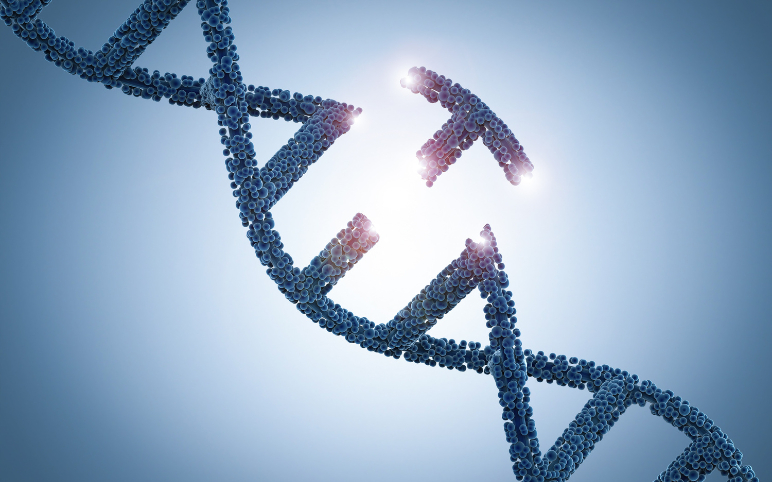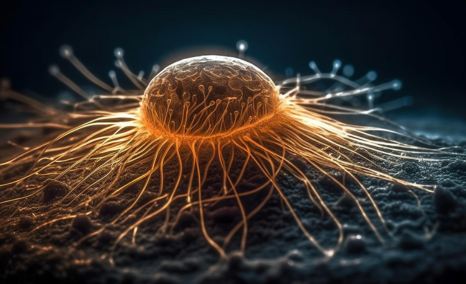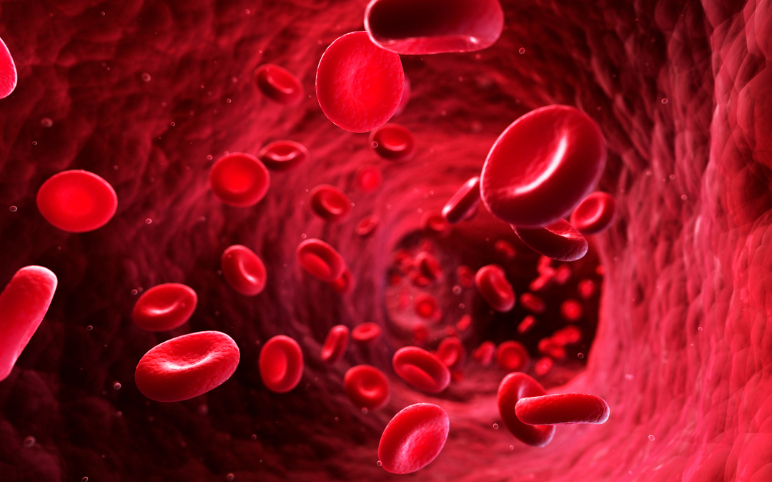Gene therapy might make cocaine less addictive
Mar 04, 2020
Cocaine- a stimulant- made from the most addictive plant – cocoa plant, is known as the most addictive substance known to be existing on the Earth, hence is abused the most. As per the annual report titled ‘Key Substance Use and Mental Health Indicators in the United States’ presented by the National Survey on Drug Use and Health, around 2.2 million Americans falling in the age group of 12 or older, were found to be actively using cocaine in the year 2017. Moreover, the year also saw the initiation of cocaine use around 98,000 adolescents aged 12 to 17.
Cocaine is a highly addictive substance, a regular intake of which damages CNS, Lungs, Nose tissues, resulting in reduced cognitive ability, and weight loss. Only a few people are able to successfully escape from its addiction, that too with proper guidance and rehabilitation.
A survey by the Centers for Disease Control and Prevention (CDS), the number of deaths due to cocaine addiction increased by 34 percent which is nearly equal to 14,000 lives, during the study period 2012-2017.
Downloads
Click Here To Get the Article in PDF
Recent Articles
- Takeda’s ADZYNMA Approved by FDA; AskBio Presents Preliminary Data from Phase I Trial of Gene The...
- Zealand Pharma’s Phase III Results of Glepaglutide; FDA Approves Amylyx’s ALS Drug Relyvrio; Novo...
- Vertex & CRISPR Therapeutics Make History: FDA Approves exa-cel, the First CRISPR Gene Therap...
- Top 8 Breakthrough Gene Therapies for Retinitis Pigmentosa Treatment
- DelveInsight’s Gastrointestinal based Gene Therapy Reports
For a condition that is chronic and relapsing, there exists no FDA-approved treatment for a cocaine overdose. In most of the cases, counselling is the preferred treatment for cocaine addiction. Rehabilitation centre (rehab) which follows medical detox programs under the continuous guidance of trained therapists and professionals are the only choice to overcome cocaine addiction. Insurance companies didn’t consider rehabs programmes under their insurance schemes, which results in the financial burden on addicts pockets.
However, the last few years have witnessed a substantial investment in R&D aimed at finding an effective medication for cocaine addiction. Researchers at Mayoclinic have presented a groundbreaking approach that might help cocaine addicts to get rid of their addiction. The study revealed that one-time delivery of the gene – human CocH (hCocH) cDNA – through an AAV vector would be more beneficial to treat cocaine addiction. The treatment method is based on the enzyme’s hyperactivity that basically, will break down the cocaine about 1400 times faster than the normal rate & the user will not feel intense excitement, euphoria, and hallucinations effect, otherwise.
To overcome Cocaine addiction, no doubt, is one of the most serious challenges that the addicts and their families face. The cases of relapse are most common due to the severity of the addiction in case of cocaine. If it gets approved, gene therapy can be a potential and a novel approach to treat cocaine addiction and may provide hope to the cocaine addicts, dramatically changing the outcome for millions of cocaine addicts worldwide.
Downloads
Article in PDF
Recent Articles
- Hemophilia B Market: How Pipeline Therapies are Transforming the Treatment Hemisphere?
- Sarepta Therapeutics’s SRP-9001 Gene Therapy; FDA Approves Astellas’ VEOZAH; FDA Orphan Drug Desi...
- Cannabidiol trial; MyoKardia aims; LDL drug data
- Snippet
- BeiGene’s Brukinsa Approval; FDA Approval to Seagen’s TUKYSA; NICE Recommends Alnylam’s Amvuttra;...




